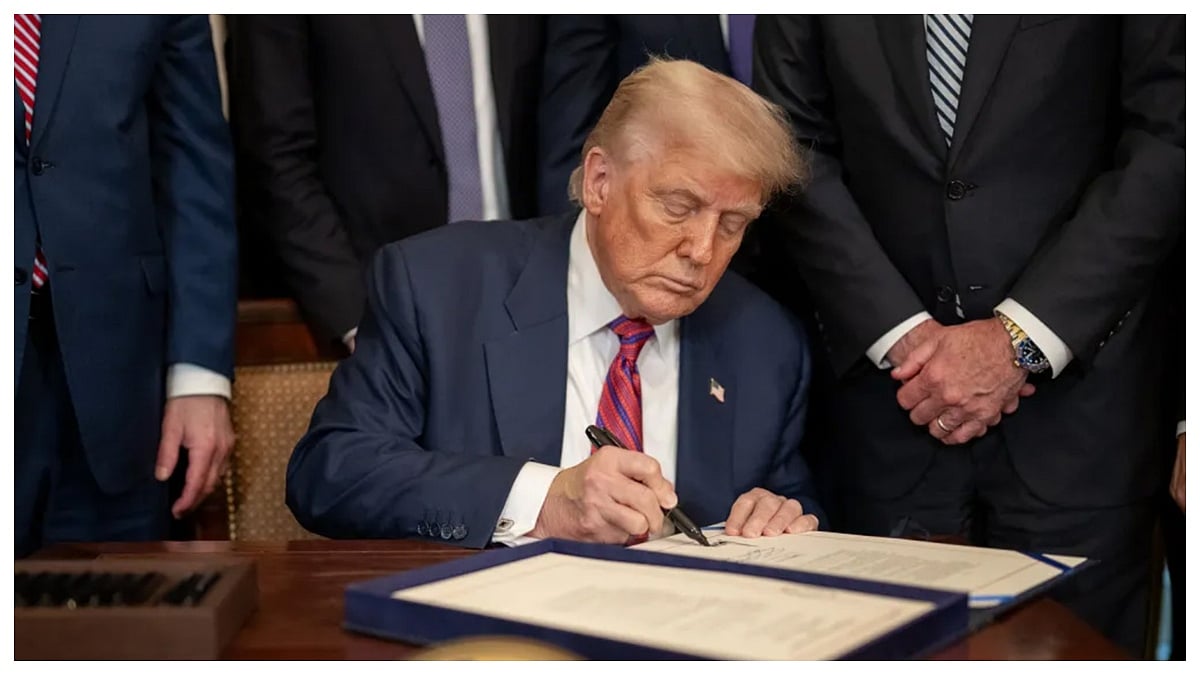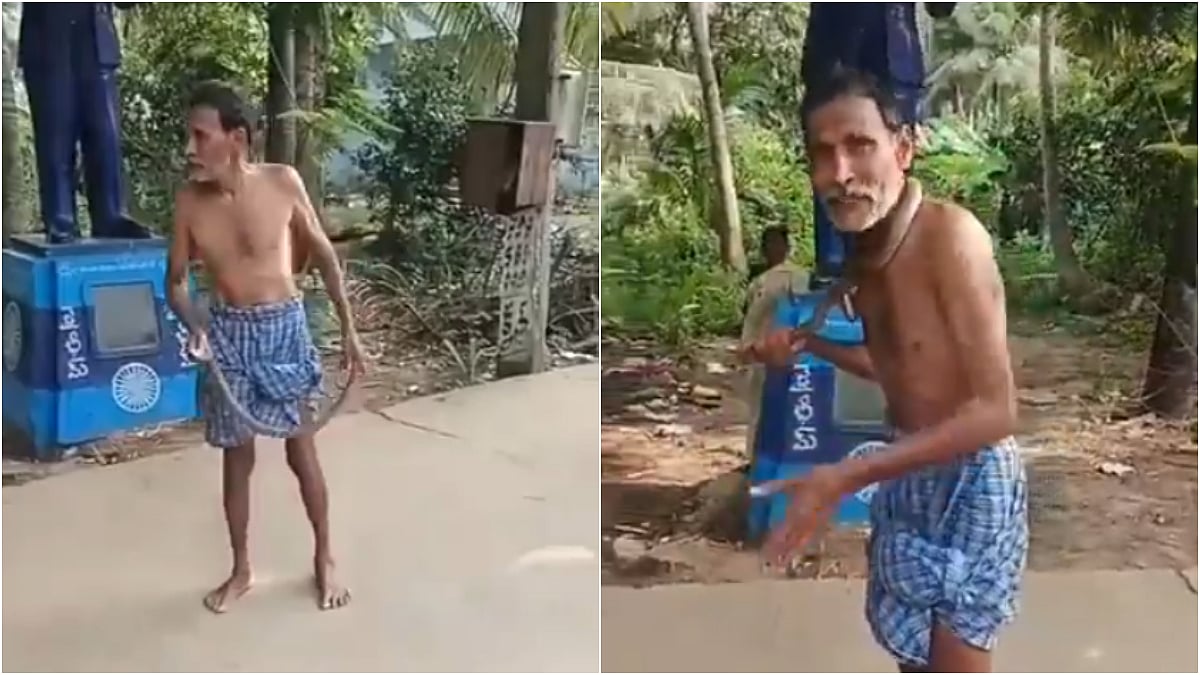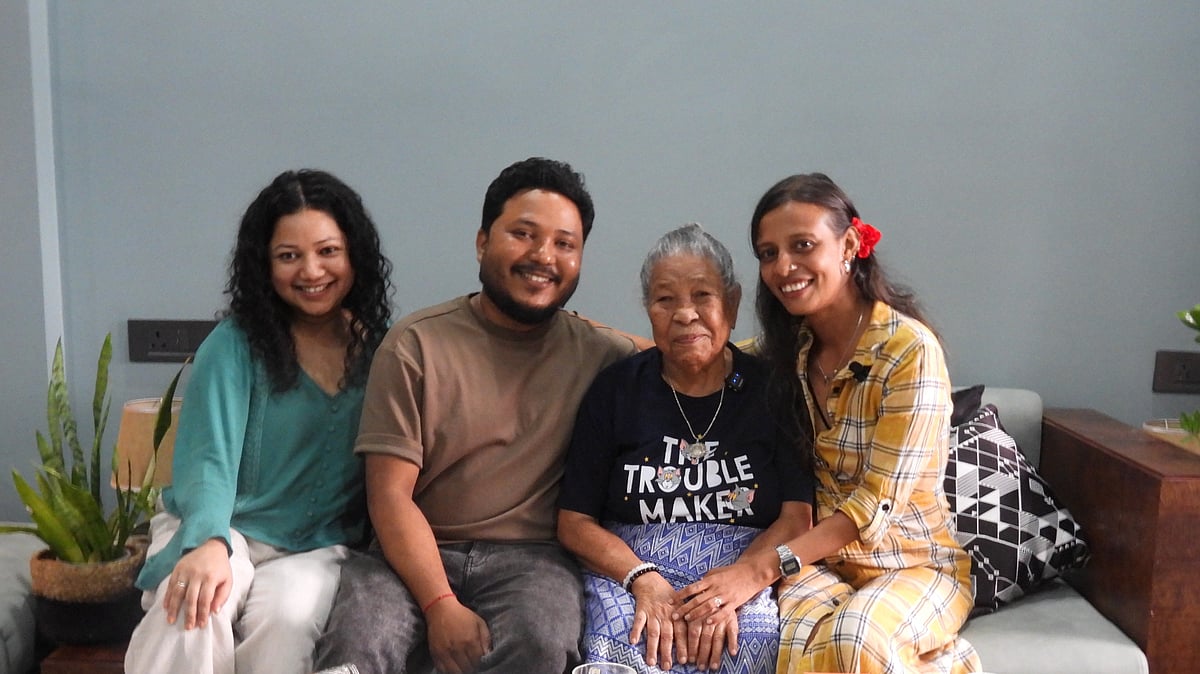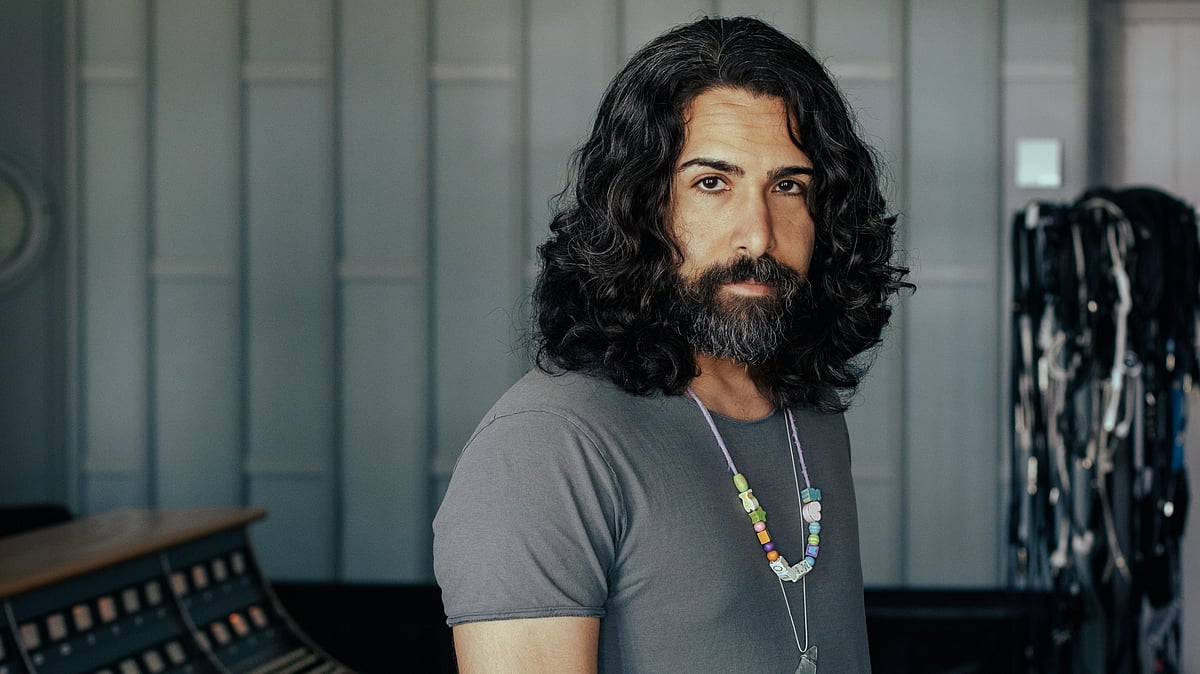Drug addiction, also called substance use disorder, is a disease that affects a person's brain and behavior and leads to an inability to control the use of a legal or illegal drug or medication. Substances such as alcohol, marijuana and nicotine also are considered drugs, but even some medication falling under the class of “scheduled drugs” can be addictive. When one is addicted, that person may continue using the drug despite the harm it causes.
Drug addiction can start with experimental use of a recreational drug in social situations, and, for some people, the drug use becomes more frequent. For others, particularly with opioids, drug addiction begins with exposure to prescribed medications, or receiving medications from a friend or relative who has been prescribed the medication.
The risk of addiction and how fast one becomes addicted varies by drug. Some drugs, such as opioid painkillers, have a higher risk and cause addiction more quickly than others. As time passes, one may need larger doses of the drug to get high. Soon that individual may need the drug just to feel good. As the drug use increases, that person may find that it's increasingly difficult to go without the drug. Attempts to stop drug use may cause intense cravings and make the individual feel physically ill (withdrawal symptoms).
An addict may need help from a doctor, family, friends, support groups or an organized treatment program to overcome the drug addiction and stay drug-free.
Drug addiction symptoms or behaviors include, among others:
● Feeling the need to use the drug regularly — daily or even several times a day
● Having intense urges for the drug that block out any other thoughts
● Over time, needing more of the drug to get the same effect
● Taking larger amounts of the drug over a longer period of time than was intended
● Making certain that a steady supply of the drug is maintained.
● Spending money on the drug, even though it's beyond means.
● Not meeting obligations and work responsibilities, or cutting back on social or recreational activities because of drug use
● Continuing to use the drug, even though one know it's causing problems in life or causing physical or psychological harm
● Doing things to get the drug that one normally wouldn't do, such as stealing
● Driving or doing other risky activities when under the influence of the drug
● Spending a good deal of time getting the drug, using the drug or recovering from the effects of the drug
● Failing in attempts to stop using the drug
● Experiencing withdrawal symptoms when attempting to stop taking the drug
Sometimes it's difficult to distinguish normal moodiness or angst from signs of drug use. Possible indications that a family member is using drugs include:
● Problems at school or work — frequently missing school or work, a sudden disinterest in school activities or work, or a drop in grades or work performance
● Physical health issues — lack of energy and motivation, weight loss or gain, or red eyes
● Neglected appearance — lack of interest in clothing, grooming or looks
● Changes in behaviour — exaggerated efforts to bar family members from entering his or her room or being secretive about where he or she goes with friends; or drastic changes in behavior and in relationships with family and friends
● Money issues — sudden requests for money without a reasonable explanation; or your discovery that money is missing or has been stolen or that items have disappeared from your home, indicating maybe they're being sold to support drug use.
The most important thing to remember is that addiction is not a personal choice or a sign of weak moral stand in It – addiction is a treatable disease, is a little more personal than most but it is important that the focus be on healing and treating the causes and symptoms rather than placing blame. It’s a long road ahead but with support and dedication, it can most definitely be done.
Natural methods for escaping drug addiction exist, and essentially act as an alternative to traditional rehabilitation. For those with an ample desire to beat addiction and the right tools, self-guided recovery is possible. However, attempting to stop using drugs without any form of professional help can be extremely difficult, though not impossible.
The first 48 hours to seven days after quitting drugs will be the hardest. Withdrawal side effects can be bothersome, painful and dangerous to your health. During this time, attempting self-guided recovery is ill-advised. In a hospital setting, doctors can identify stages of withdrawal and administer medication accordingly. This approach will protect you from the painful and discouraging symptoms of withdrawal. Steps one needs to take thereafter:
1. Find a support group: This may sound silly but it is very important that the addict knows he or she is not alone. For someone who is fighting addiction, being surrounded with people that are not only supportive but also trying to better themselves is a crucial step.
2. Get moving: Most addicts are not very active people; many find themselves feeling tired and sluggish all the time. Lack of activity, the desire to lounge around all the time, or not wanting to be productive may further dependence on the addiction.
Regular exercise in any form has been proven to boost confidence and resolve in recovering addicts. It is a healthy way to stay busy, get stronger, build focus, de-stress, get better sleep, and help feel much better. Yoga is an excellent choice for recovering addicts because not only does it helps strengthen, increase flexibility, but creates a greater sense of awareness between mind and the body.
There are Mudra Yoga that help a patient recover such as; a (Kaleshwar, Gyan, Vajra , etc.) Also, Mudra Yoga can help a patient recover from drug addiction.
3. Actively clear your head: Beating addiction is about more than just stopping the intake of drugs and alcohol. It’s about treating and attempting to heal the different factors that lead to substance dependency. Anxiety, stress, anger, and sadness are all negative feelings that can encourage an addict to stay stuck in the same cycle. In order to get out of the cycle, the addict has to find effective ways to manage both highs and lows in life. There’s no way to completely avoid intense feelings and emotions. There are, however, ways to react to them in a healthier manner. Meditation is a method that has helped many people, such as addicts, to manage their headspace.
4. Vitamins and supplements: Addiction takes quite a toll on your health affecting everything from your liver, to your nutritional needs, and your sleep. Both the toxic effects of drugs and alcohol, as well as lack of proper nutrition and rest, cause a decrease in organ function which means the body isn’t able to absorb vitamins and nutrients as well as it should. This also results in irritability, mood swings, and heightened sensitivity which in turn adds to the want to use.
5. Holistic healing: Aromatherapy, teas, and massage oils are all viable options. There are also specific herbs when used by themselves or in combination with each other that can help attain a successful and long-lasting recovery. Kudzu is a Chinese plant whose extracts have proven to fight cravings in alcohol addicts. It can be found in powder and pills in most health food stores. Ginseng, Ashwagandha, and Rhodiola are all herbs that are said to help support adrenal function.
During withdrawal, addicts undergo heightened amounts of stress which causes adrenal burnout from producing so much of the body’s stress hormone, cortisol. Supplementing with these herbs may decrease withdrawal symptoms and promote long-term sobriety. Valerian, Passionflower, Lemon Balm, and Skullcap are used to help calm anxiety, soothe the nervous system, reduce stress, encourage relaxation, and aid in getting better sleep. They target a number of ailments that recovering addicts suffer while in the withdrawal stage.
6. Sujok: Asian Ayurvedic system of stimulating pressure points can be a great help in fighting addiction for those unable to or do not have the will power required to follow the above. Researched over thousands of years this method can be administered on an addict by anyone. Best part? It has no side effects.
Group 1: GV 14, GV 20, H 7, P 6, Li 4, Tw 5, St 36, GB 34 and Liv 3 (apply star magnets after finding painful points on both hands).
Group 2: K 2, 3, 6, 9, 10, Sp 6, H 5, Lu 7, 10 & CV 4 (Apply yellow side of Byol magnet touching skin after finding painful points on both hands).
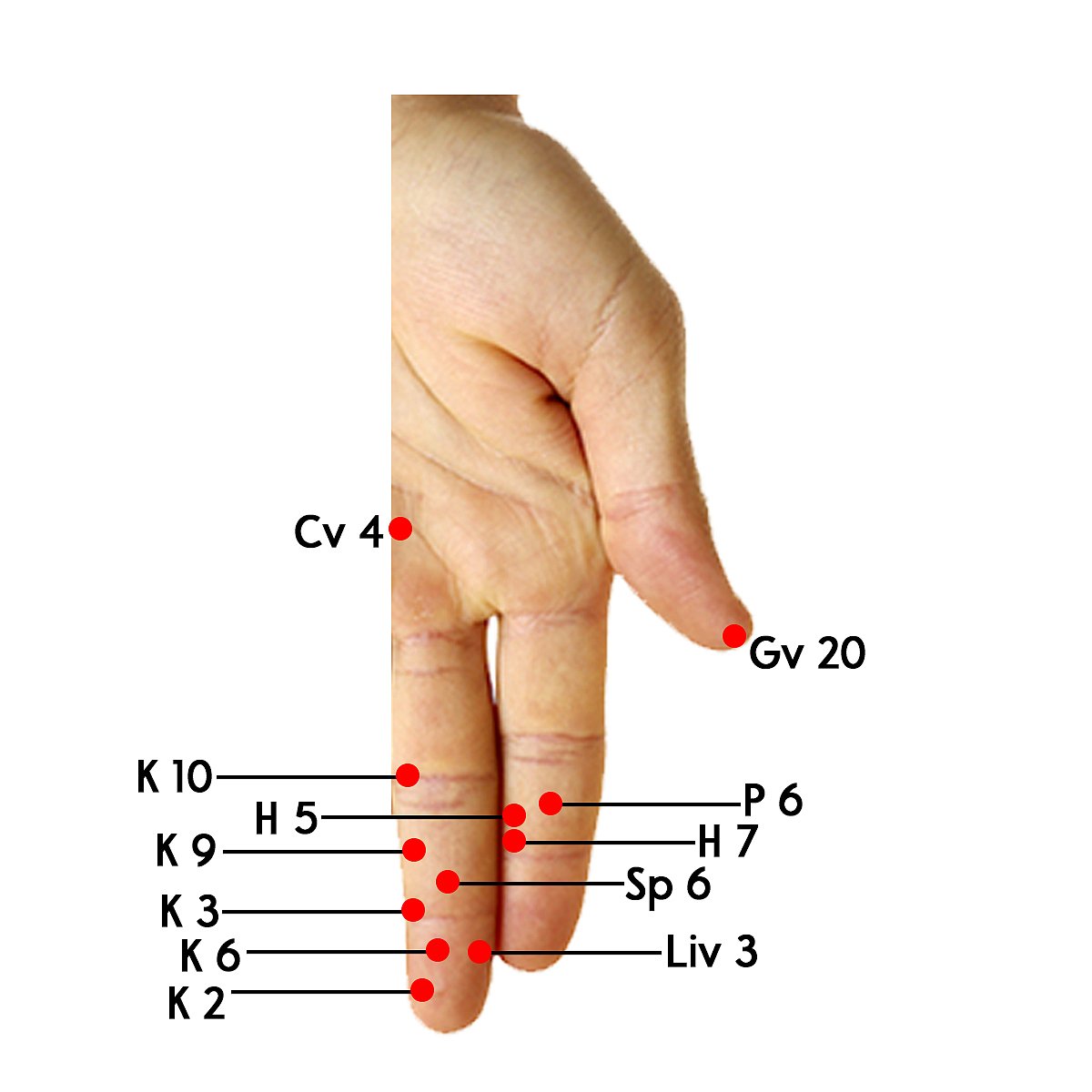
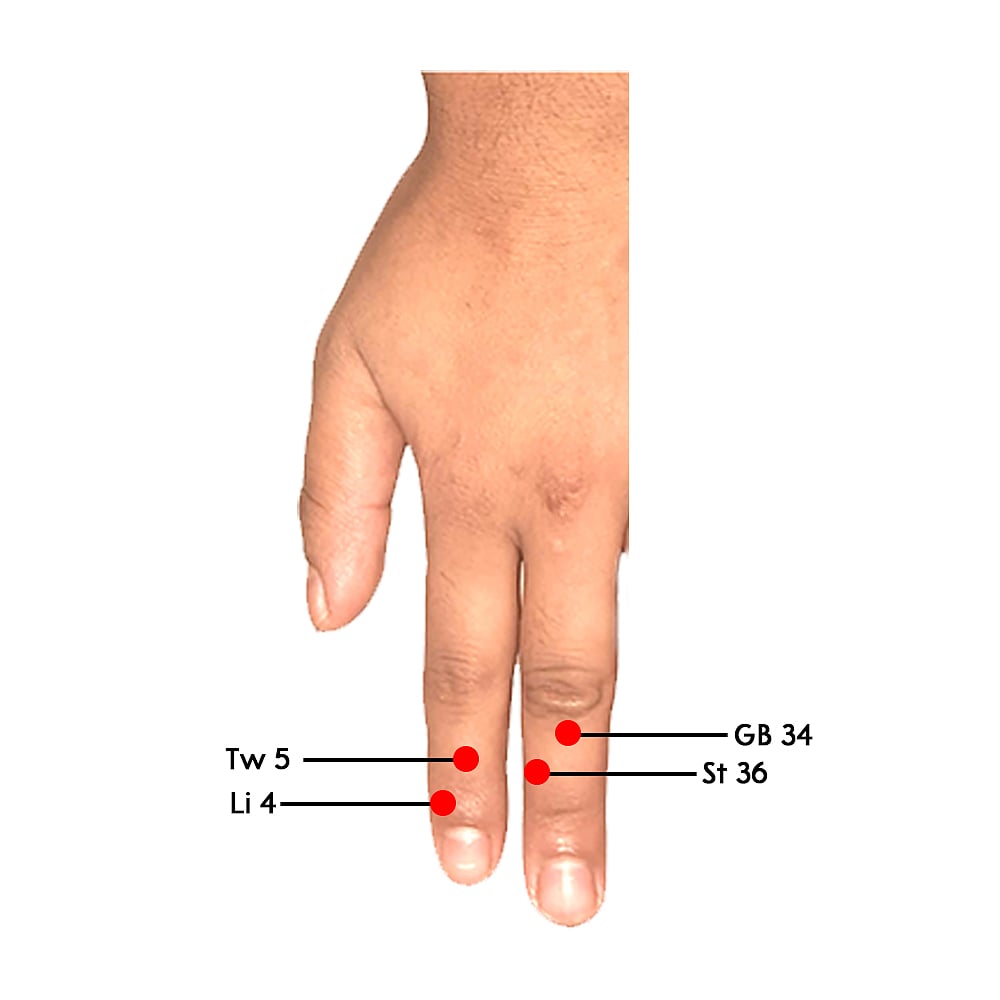
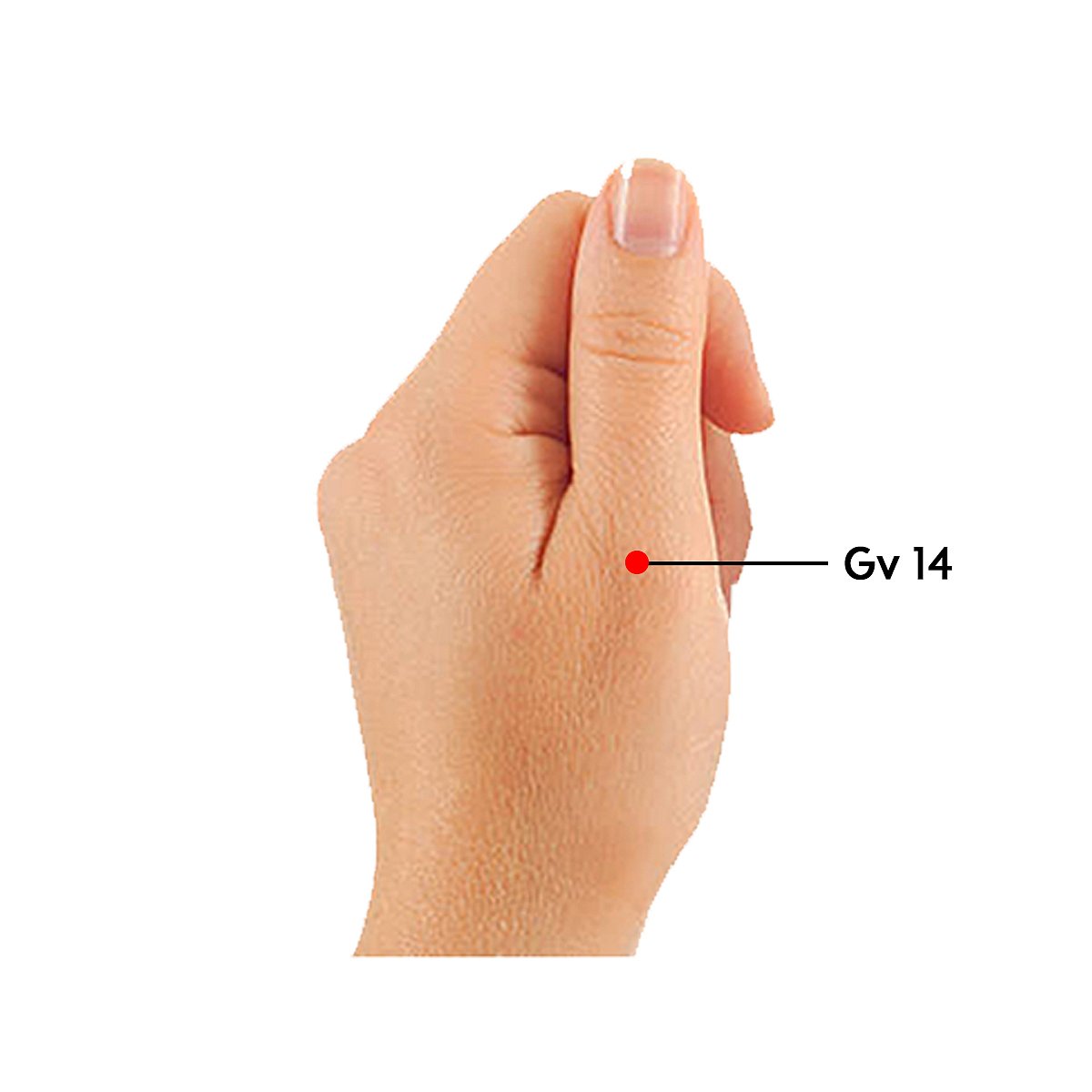
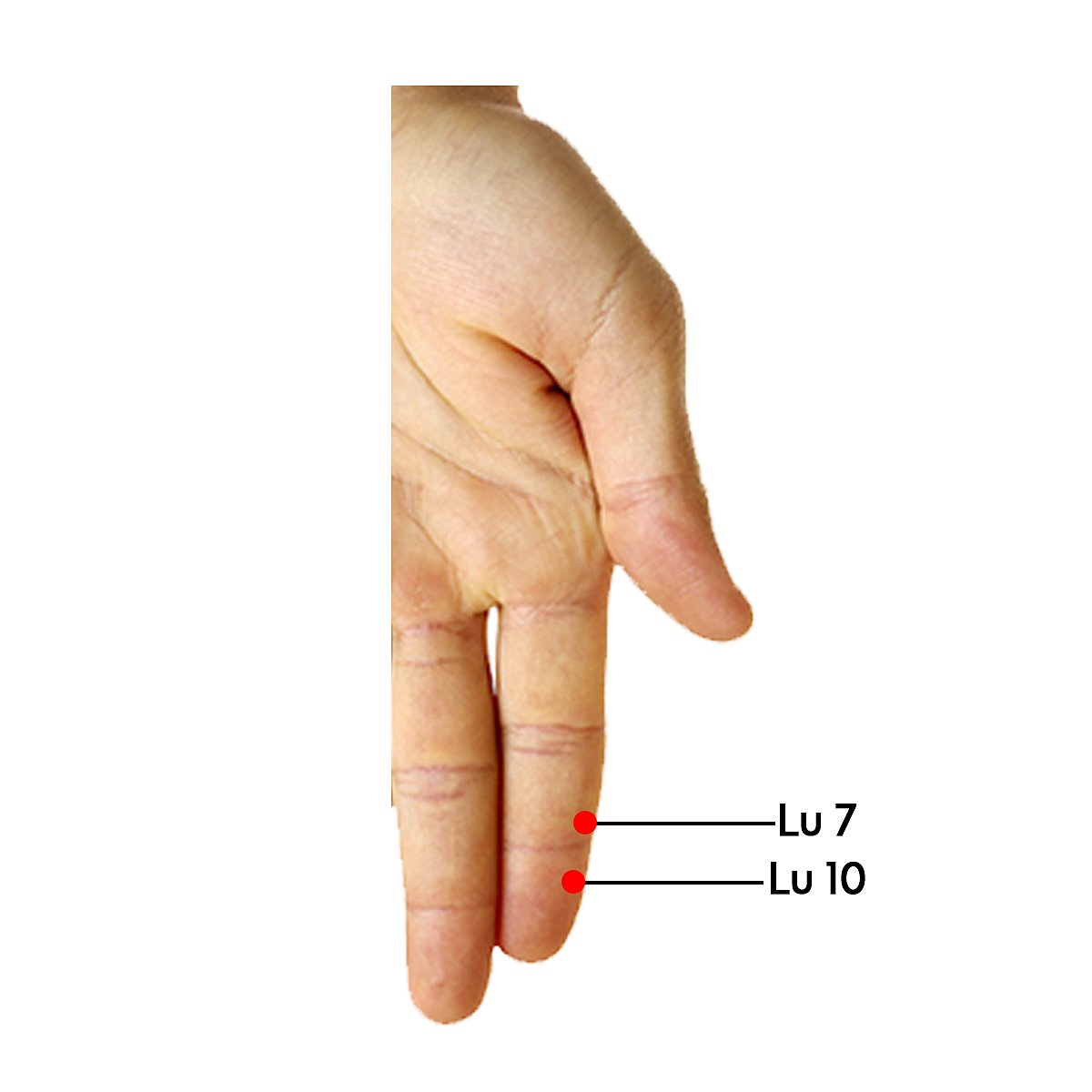
To understand treatment properly for this problem and attaches appearing earlier in this column, you are invited to our Zoom meeting (ID: 4793331908; Password: healing) held every Monday from 7 PM to 8 PM. It’s a free service courtesy of The Free Press Journal and the Lions Club Mumbai ACTIONs. You can also share your problems by writing to us at features@fpj.co.in; lionsclubofaction@gmail.com or send a WhatsApp at 9323178565.

